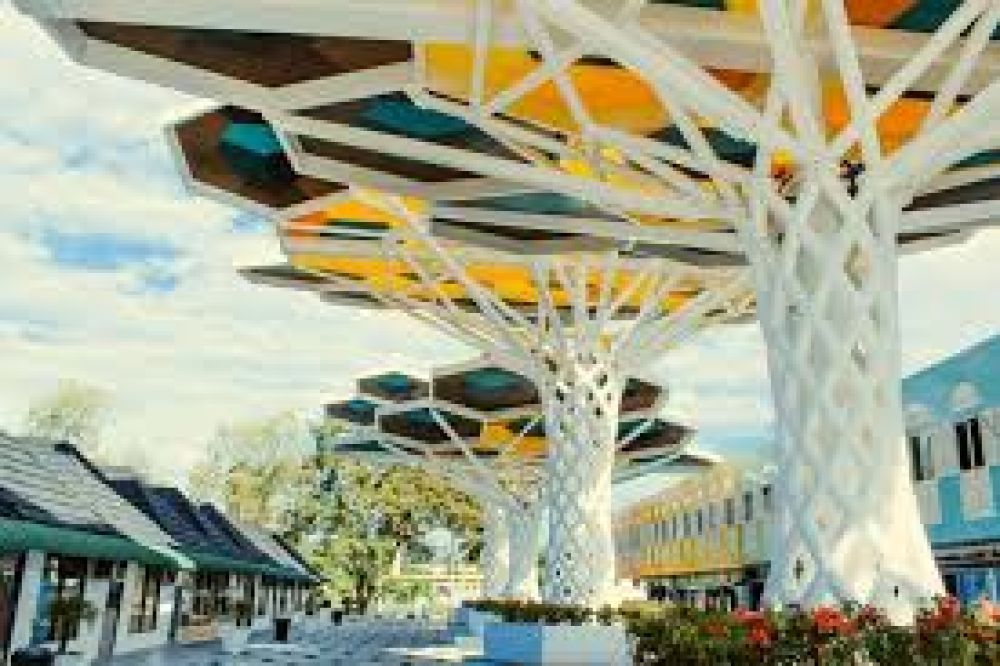

The small town of Bangar is situated in the heart of Temburong District in Brunei, a tiny enclave separated from the rest of the country by a portion of the Malaysian state of Sarawak. Surrounded by pristine tropical rainforests and the serenity of the Brunei Bay, Bangar serves as the administrative center for the district and has historically been a quieter spot compared to its bustling neighbor, Bandar Seri Begawan, Brunei's capital.
The history of tourism in Bangar is relatively young, with the region traditionally being more focused on agriculture and fishing. However, the opening of the Ulu Temburong National Park in 1991, also known as the Fabled Heart of Borneo, marked the beginning of eco-tourism in the area, drawing visitors who are keen to experience one of the world's most untouched rainforests.
The Brunei government has consistently highlighted its commitment to preserving its natural resources, and this policy has played a significant role in shaping the tourism landscape. With limited development and a strong emphasis on conservation, Bangar has remained a niche destination for those interested in eco-tourism and adventure travel. The establishment of the Temburong Bridge in March 2020, which directly connects Bangar with the mainland part of Brunei, has been a significant development, making the town more accessible to international tourists.
Recent trends in Bangar's tourism have leaned towards sustainable and responsible travel, with the local community and government working together to offer experiences that are both environmentally friendly and culturally enriching. Tourists can engage in activities such as kayaking, canopy walks, birdwatching, and immersive cultural experiences with the indigenous Iban people.
The impact of the COVID-19 pandemic saw a temporary downturn in international travelers, prompting a stronger emphasis on the domestic market. As travel restrictions ease, there is a conscious effort to revive the tourism sector, with safety protocols and "green travel bubbles" intended to reassure visitors.
The phenomenon of "workations" has also emerged, with Bangar potentially serving as an ideal destination for tourists who want to work remotely while being surrounded by nature. With increasing global attention on health and wellness, Bangar's tranquil environment and natural offerings position it well within this growing tourism sector.
Bangar, with its lush rainforests and unique cultural heritage, has the potential to evolve as a key destination for sustainable and responsible tourism in Southeast Asia. Its unspoiled natural beauty, combined with the recent developments in infrastructure, paves the way for a future where tourism grows hand in hand with preservation and respect for the environment and local culture.